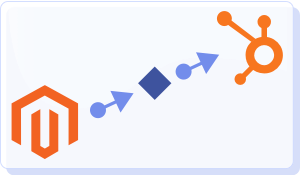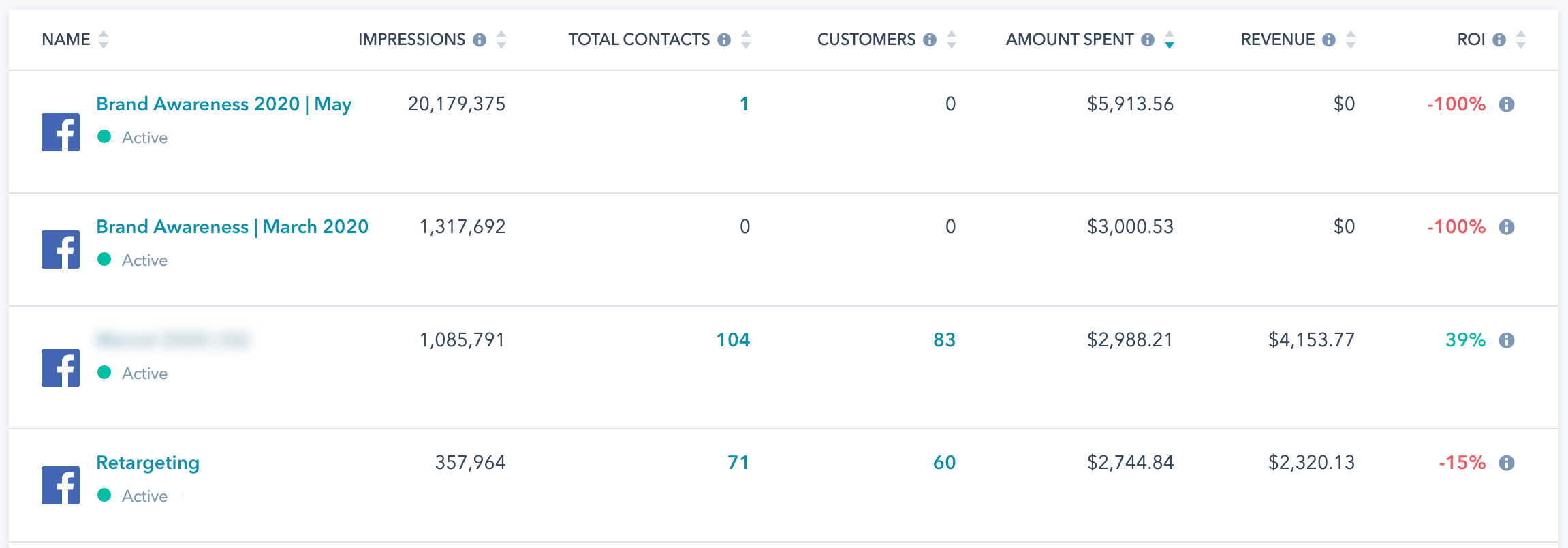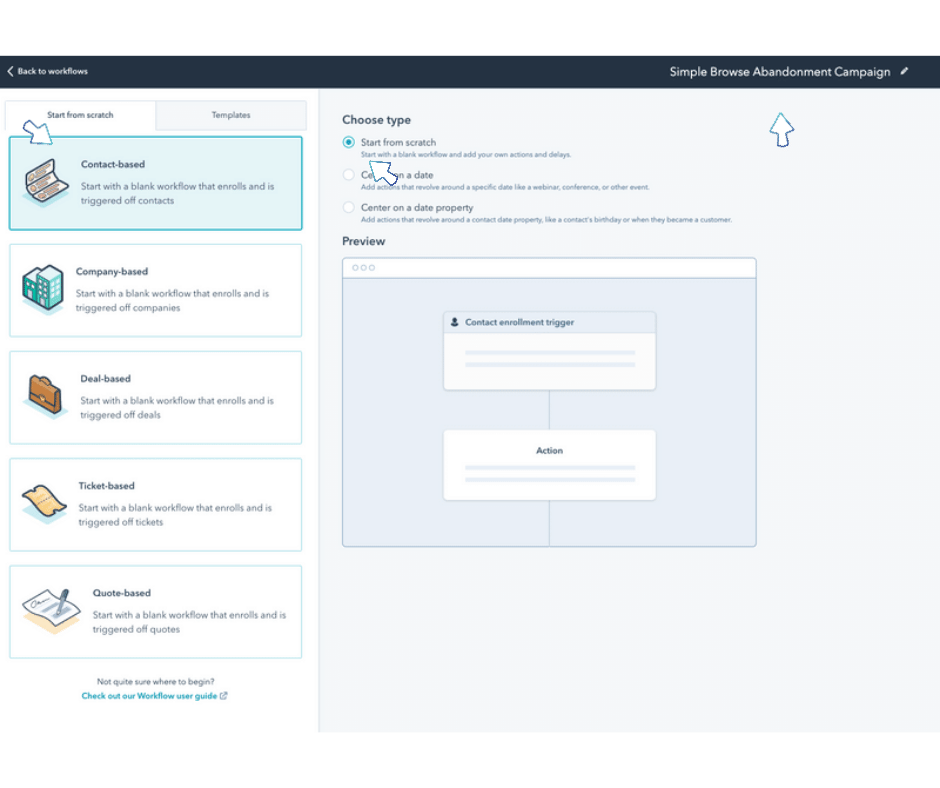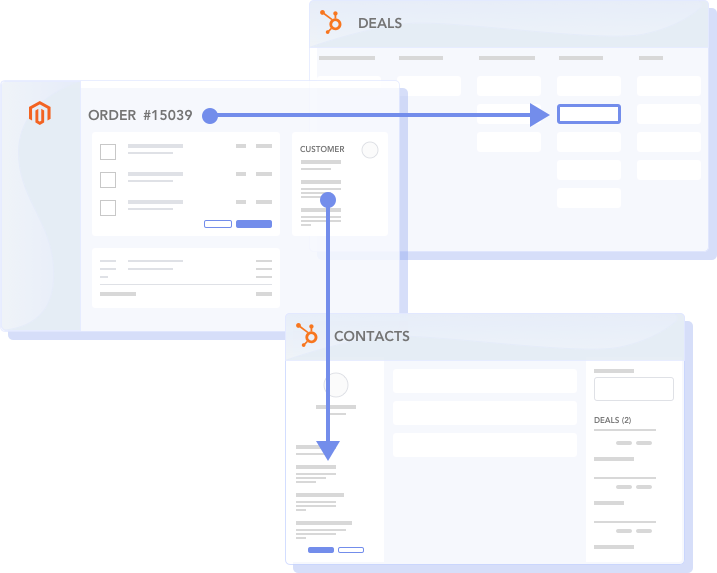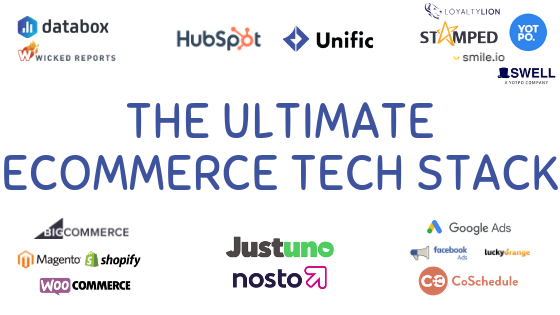Death by a 1,000 Zaps
Today, almost every online business has a need for integrations, and the industry has answered! There are now a large number of integration platforms such as Zapier, Workato, IFTTT (If This Then That). It is easier than ever to connect two or even more things together and play Double Dutch!
